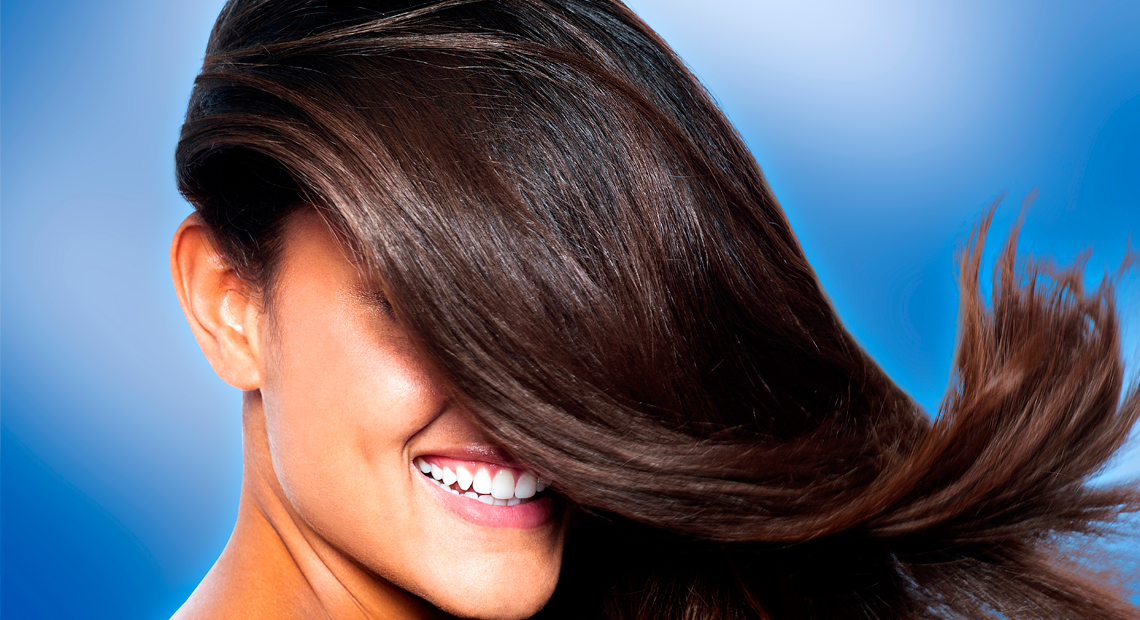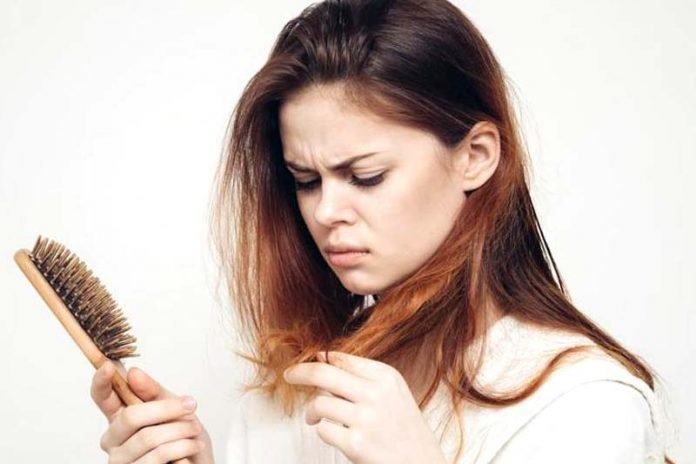All you need to know about hair damage & how to fix it

Having gorgeous looking hair is a dream of every one. Hair that falls in smooth waves and shines in the sunlight is something that every one longs for.


With so much air pollution and chemicals that are used in most hair treatments, it’s very likely that your hair will start to show signs of damage. To be able to treat hair damage, it is important that you first understand the type of hair damage you have.


Types of Hair Damage
Split Ends
Split ends are formed when there is a splitting of the hair strand into two or more ends. The end of the hair is incredibly vulnerable and likely to get damaged, which is why split ends are the most common type of hair damage.

There are ways by which you can prevent split ends from forming in the first place.
- Be gentle while you wash or brush your hair.
- Avoid the use of any heating tools.
- Avoid drying your hair with a towel.
- Deep condition your hair every few weeks.

- Use satin or silk pillowcases while you sleep at night. Completely avoid the use of cotton pillowcases.
- Use chemical-free hair products.
Over-Processed Hair
Over-processed hair happens because of all the various products that we use on our hair and all the treatments that we put our hair through.

There are certain ways in which you can prevent or treat the hair that has been damaged due to over-processing.
- Get a haircut so that the split ends are removed
- Reduce the frequency of hairstyling
- Invest in reliable, professional hair treatments

- Apply home-made hair masks
- Use a heat-protective spray before exposing your hair to heat (hair straightening and curling)
Damage Due to Hard Water
Hard water has a high amount of silica, magnesium, and calcium that cause hair breakage, thinning, and dryness. Moreover, hard water can also cause dandruff and damage to the hair follicles.


There are some ways that can help you protect your hair from the damage caused due to hard water.
- Rinsing your hair with vinegar can help get rid of the minerals that have built up on your hair. It balances the hair pH, smoothens the hair cuticles, and leaves your hair feeling fresh and soft.

- Rinsing your hair with lemon can be beneficial, too, for all the same reasons as vinegar.
- Using water softeners are an expensive but efficient way of protecting your hair from hard water.

- Shower filters filter out most of the minerals and limescale from hard water and make the water gentle enough for your hair.
- You can use bottled water for the final rinse.
- Clarifying shampoos are also a great way of protecting your hair from hard water damage.
- If you want to give your hair a glossy finish after washing your hair with hard water, a leave-in conditioner can do wonders.
Overstressed Hair
Too much stress can result in hair damage and hair loss. Stress not only causes the texture of the hair to change but also the color. There are ways to prevent damage to your hair during the times when you are under a lot of stress.

- During times of great stress, avoid any hairstyling or the use of heating tools on your hair.
- A healthy diet will ensure that your hair gets the nutrients it needs to stay healthy, even when you are going through stress.
- Using hair moisturizers that contain proteins, glycerol, aloe vera, and panthenol are good for maintaining your hair texture during periods of stress.

- Get your hair trimmed to get rid of any split ends.
- Be gentle while washing, drying, and brushing your hair.
Something that holds so much value deserves a little care and attention, doesn’t it? Taking proper care of your hair is essential, because it’s not just about the hair, it’s about how you feel and the confidence that it gives you.


Nourish your hair externally as well using natural and chemical free ingredients. Such product like Anagen Grow – A unique hair growth serum proven to repair damaged hair and control hair fall
